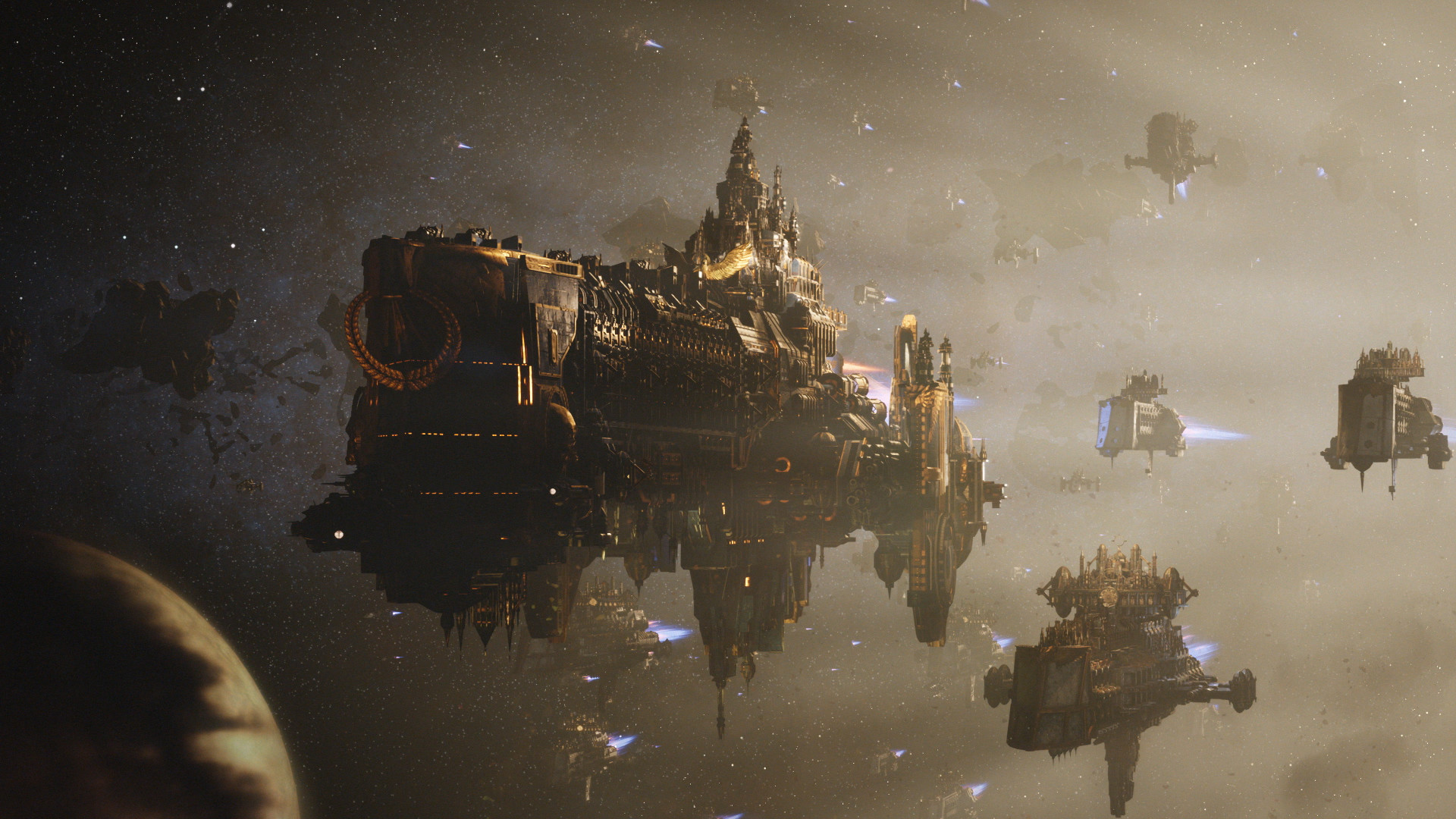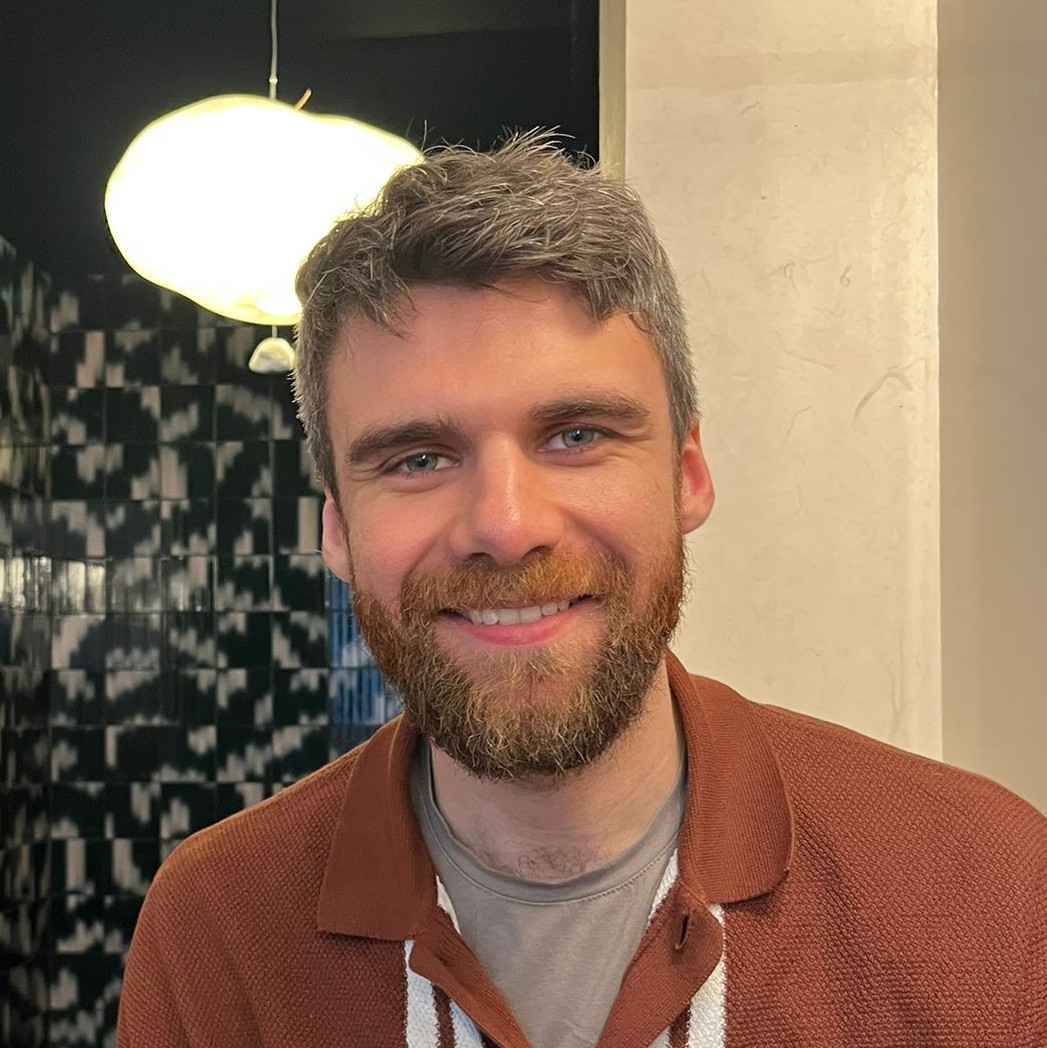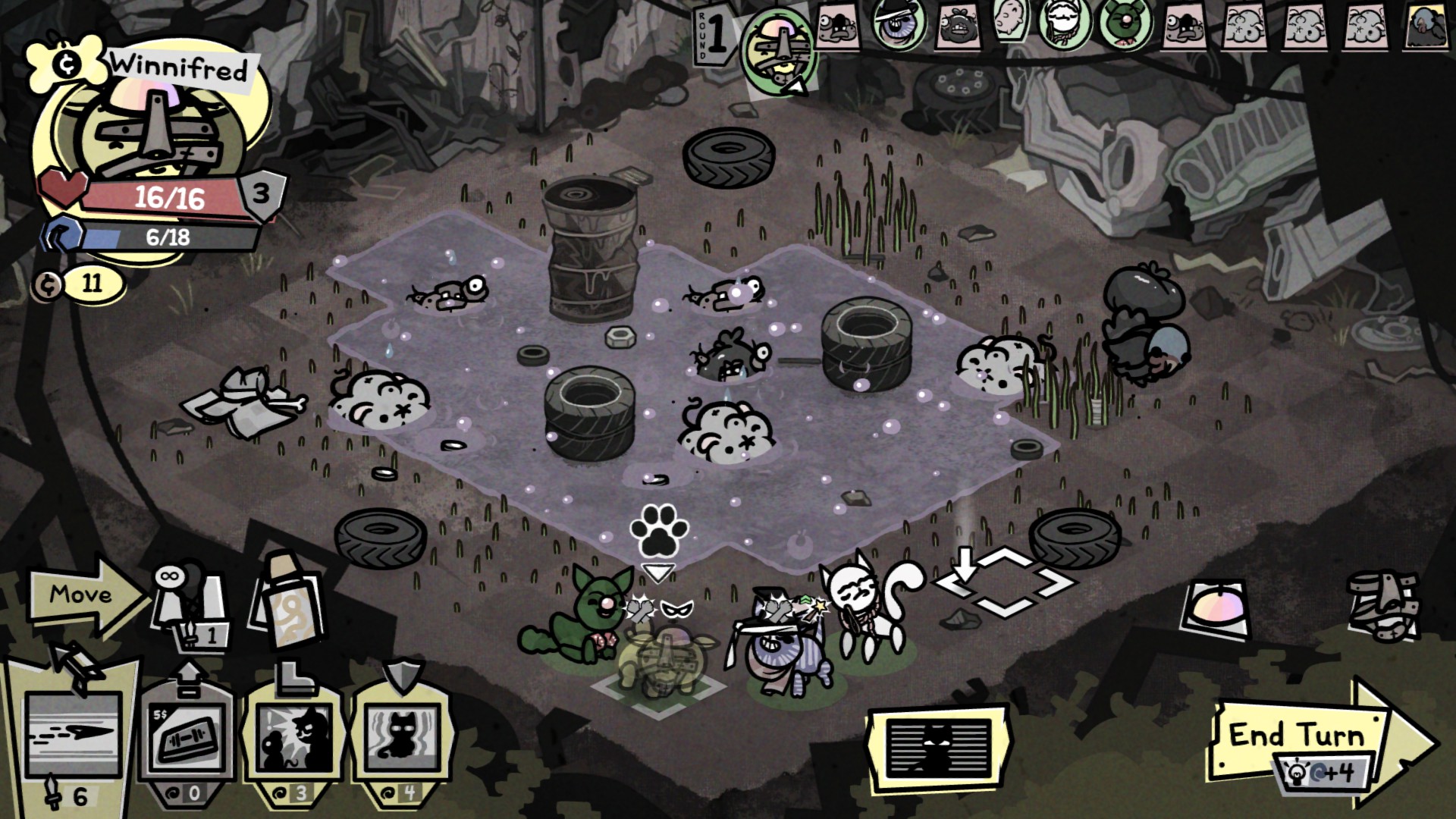Battlefleet Gothic: Armada 2's RTS battles will be much larger than in the original
Here's how skirmish and ranked play will work.
Keep up to date with the most important stories and the best deals, as picked by the PC Gamer team.
You are now subscribed
Your newsletter sign-up was successful
Want to add more newsletters?

Every Friday
GamesRadar+
Your weekly update on everything you could ever want to know about the games you already love, games we know you're going to love in the near future, and tales from the communities that surround them.

Every Thursday
GTA 6 O'clock
Our special GTA 6 newsletter, with breaking news, insider info, and rumor analysis from the award-winning GTA 6 O'clock experts.

Every Friday
Knowledge
From the creators of Edge: A weekly videogame industry newsletter with analysis from expert writers, guidance from professionals, and insight into what's on the horizon.

Every Thursday
The Setup
Hardware nerds unite, sign up to our free tech newsletter for a weekly digest of the hottest new tech, the latest gadgets on the test bench, and much more.

Every Wednesday
Switch 2 Spotlight
Sign up to our new Switch 2 newsletter, where we bring you the latest talking points on Nintendo's new console each week, bring you up to date on the news, and recommend what games to play.

Every Saturday
The Watchlist
Subscribe for a weekly digest of the movie and TV news that matters, direct to your inbox. From first-look trailers, interviews, reviews and explainers, we've got you covered.

Once a month
SFX
Get sneak previews, exclusive competitions and details of special events each month!
The "pre-order beta" for Battlefleet Gothic: Armada 2, the Warhammer 40K spaceship RTS, starts early next month, and this week players were given a closer look at exactly how multiplayer and skirmish modes will work.
The game will have 1v1 and 2v2 matches—both ranked and unranked—as well as skirmishes against the AI. In regular multiplayer and skirmishes, players will fight on a randomly-generated map with five capture points and various environmental effects, publisher Focus Home Interactive said in a blog post.
Some of those effects are the same as in the original Battlefleet Gothic: Armada, but many will be new—a fleet of space titans migrating through the area will deal damage to any nearby ship, for example, or pulsing solar radiation might render shields useless.
In skirmish and casual multiplayer you'll be able to customise the probability of each effect, the point totals of each fleet (basically how strong they are), and the victory conditions for capture points.
For ranked 1v1 multiplayer, environmental effects are turned off and player fleets are set to a maximum of 1,200 points—for 2v2, it's 600 points per player. That's higher than in the first game, which should enable "larger, more action-packed battles".
Capture point locations will be randomised "to make every battle different", plus logic under-the-hood will "ensure battles will never be unfair". You'll also be able to pick between pre-defined fleets that match different playstyles or build your own from scratch.
Lastly, publisher Focus Home Interactive said that the ranked-only progression system would give players both "cosmetics" and "new options for skills and fleet upgrades". This won't feel "like a power reward for playing more, but simply new options and ways to play", it added. We'll find out more in the beta. It will also have a campaign mode at launch.
Keep up to date with the most important stories and the best deals, as picked by the PC Gamer team.
Samuel is a freelance journalist and editor who first wrote for PC Gamer nearly a decade ago. Since then he's had stints as a VR specialist, mouse reviewer, and previewer of promising indie games, and is now regularly writing about Fortnite. What he loves most is longer form, interview-led reporting, whether that's Ken Levine on the one phone call that saved his studio, Tim Schafer on a milkman joke that inspired Psychonauts' best level, or historians on what Anno 1800 gets wrong about colonialism. He's based in London.



